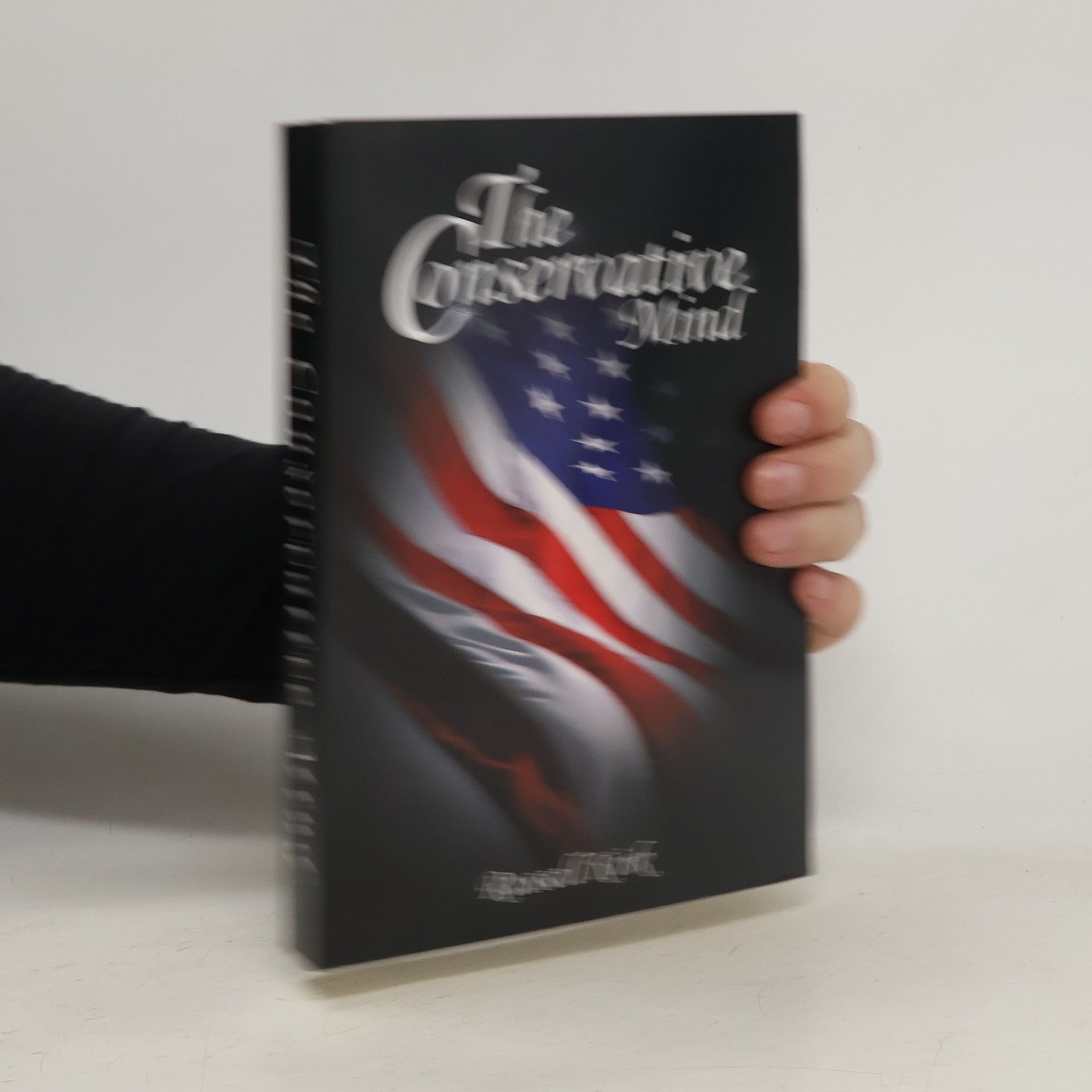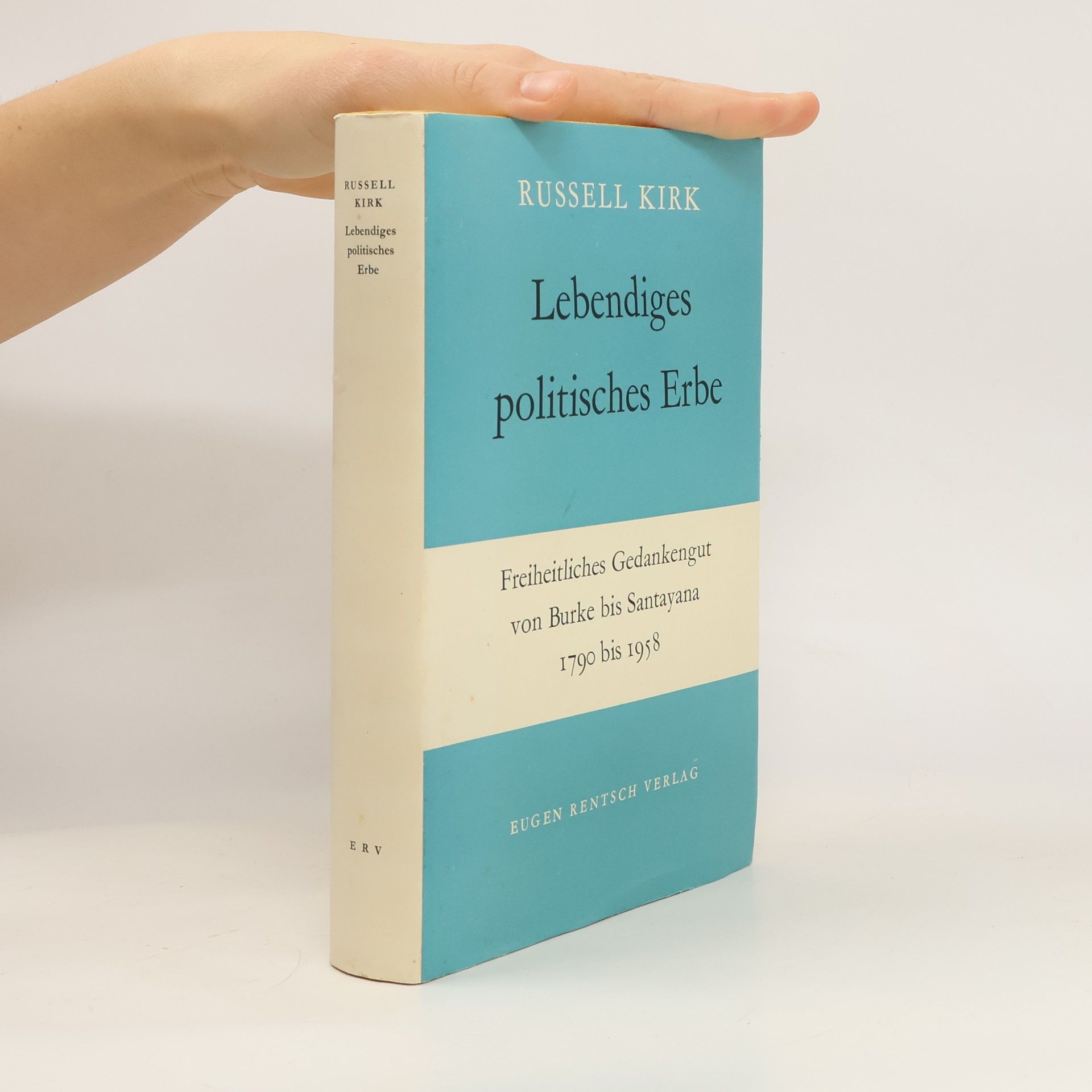The Conservative Mind
- 470pages
- 17 heures de lecture
Focusing on the evolution of conservative thought, this influential work explores the principles and values that define American conservatism. Kirk delves into the ideas of key conservative thinkers, highlighting their impact on modern political philosophy. The book emphasizes tradition, moral order, and the importance of community, making a compelling case for the relevance of conservatism in contemporary society. Through a historical lens, it offers insights into the ideological battles that have shaped American political discourse.



